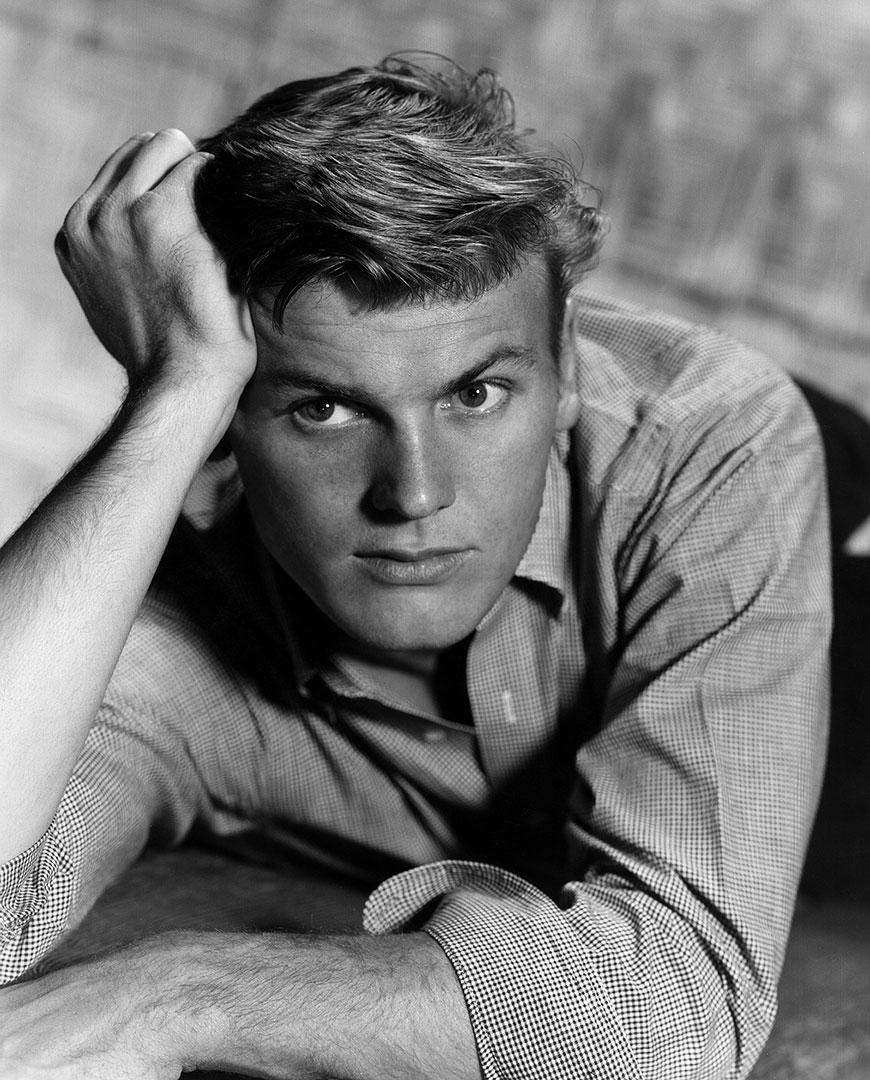Tab Hunter, a name that resonates with the golden age of Hollywood, captivated audiences with his charm, good looks, and undeniable talent. Born on July 11, 1931, in New York City, Hunter became one of the most prominent figures in the film industry during the 1950s. His journey from a young boy with dreams of stardom to a heartthrob and beloved actor is a story filled with passion, challenges, and triumphs.
In this article, we will delve deep into the life of Tab Hunter, exploring his rise to fame, the challenges he faced, and his lasting impact on cinema and LGBTQ+ representation in the entertainment industry. As we navigate through his biography, we will uncover the layers of his character and the factors that contributed to his status as an icon.
Join us as we celebrate the legacy of Tab Hunter, a man who not only defined an era in film but also broke barriers and inspired countless individuals through his authenticity and perseverance.
Table of Contents
- Biography of Tab Hunter
- Early Life
- Career Beginnings
- Rise to Fame
- Personal Life
- Later Career
- Legacy
- Conclusion
Biography of Tab Hunter
| Full Name | Tab Hunter |
|---|---|
| Date of Birth | July 11, 1931 |
| Birthplace | New York City, New York, USA |
| Occupation | Actor, Singer, Author |
| Years Active | 1950–2015 |
| Notable Works | Pillow Talk, Battle Cry, Tab Hunter Confidential |
| Date of Death | May 8, 2018 |
Early Life
Tab Hunter, originally named Arthur Andrew Kelm, experienced a tumultuous childhood marked by family challenges. Growing up in a modest household, he was raised by his mother, who instilled in him the values of hard work and perseverance. Hunter's early life was defined by his struggles with identity and acceptance, themes that would later resonate throughout his career.
After moving to California, he adopted the stage name "Tab Hunter" and began to pursue his dreams in the entertainment industry. His striking looks caught the attention of talent scouts, propelling him into a world of film and fame.
Career Beginnings
Hunter's career began in the early 1950s when he landed small roles in films. His breakthrough came with the release of "Battle Cry" in 1955, where he showcased his charisma and acting prowess. This film not only solidified his status as a leading man but also introduced him to a broader audience.
As he navigated the challenges of being a young actor in Hollywood, Hunter quickly learned the importance of maintaining a public persona while grappling with his personal life. His early career was marked by a string of successful films that showcased his versatility as an actor.
Rise to Fame
By the late 1950s, Tab Hunter had become a household name. His roles in films such as "Pillow Talk" alongside Doris Day made him a teen idol and a favorite among fans. Hunter's charm and good looks led to numerous magazine covers and fan clubs dedicated to him.
Despite his success, Hunter faced the pressure of maintaining a "straight" image in an industry where his sexuality was scrutinized. He became a symbol of the struggles faced by LGBTQ+ actors during a time when the community was largely marginalized.
Success in Music
In addition to his acting career, Hunter ventured into music, releasing several singles that gained popularity. His hit song "Young Love" reached the top of the charts, further cementing his status as a multi-talented entertainer.
Personal Life
Tab Hunter's personal life was often overshadowed by his public persona. While he dated several high-profile women, including actress Natalie Wood, the truth about his sexuality remained hidden for many years.
In his memoir, "Tab Hunter Confidential," he candidly discussed his experiences as a gay man in Hollywood, offering a rare glimpse into the struggles he faced and the choices he made to protect his career. Hunter's openness about his sexuality served as an inspiration for many, paving the way for future generations of LGBTQ+ actors.
Later Career
As the 1960s progressed, Hunter's movie star status began to wane, but he continued to work in the industry, taking on diverse roles in film and television. He embraced new opportunities, including appearing in cult classics and independent films.
In his later years, Hunter remained active in the industry, participating in documentaries and interviews that highlighted his life and career. His contributions to cinema were recognized when he was honored with various awards, celebrating his enduring impact on film and LGBTQ+ representation.
Legacy
Tab Hunter's legacy as an actor extends beyond his films. He broke boundaries, challenged stereotypes, and inspired countless individuals to embrace their true selves. His willingness to share his story and advocate for LGBTQ+ rights has left an indelible mark on Hollywood and beyond.
Today, Hunter is remembered as a trailblazer who navigated the complexities of fame while staying true to himself. His influence continues to resonate with new generations of actors and fans alike.
Conclusion
In conclusion, Tab Hunter's life and career are a testament to the power of authenticity and resilience. From his humble beginnings to his rise as a Hollywood icon, he faced numerous challenges but emerged stronger, leaving a legacy that will endure for years to come. His story serves as an inspiration for those who dare to be themselves in a world that often demands conformity.
We invite you to share your thoughts on this article and leave a comment below. If you enjoyed learning about Tab Hunter, consider sharing this article with others or exploring more stories that celebrate the lives of impactful figures in entertainment.
Thank you for reading, and we hope to see you back here for more engaging content!




